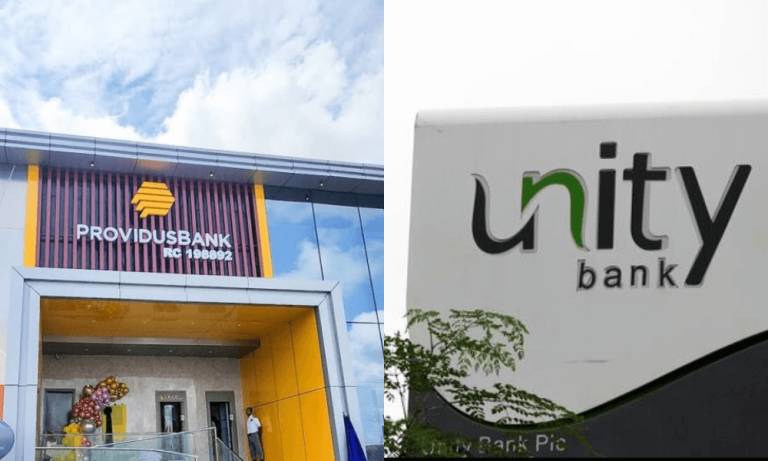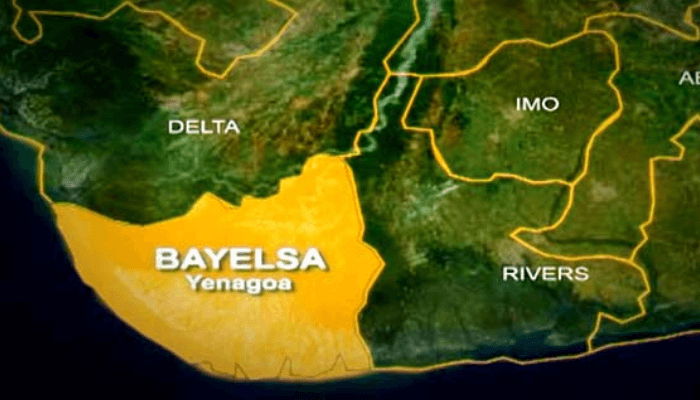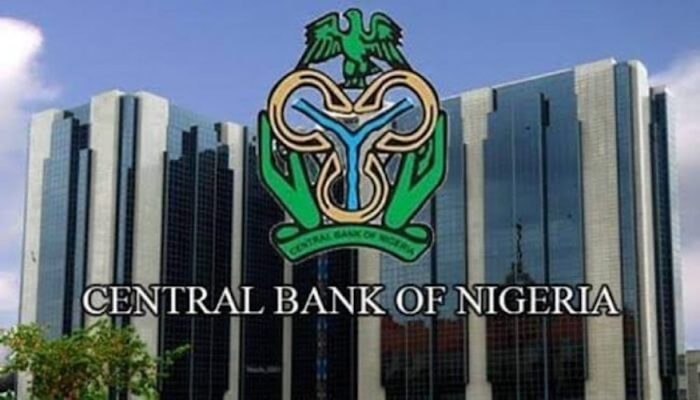In a landmark deal reshaping Nigeria’s financial sector, Providus Bank has officially merged with Unity Bank Plc, with the terms of the agreement offering Unity Bank shareholders a payout of ₦3.18 per share.
The transaction, approved by the boards of both banks and pending final regulatory clearance from the Central Bank of Nigeria (CBN) and the Securities and Exchange Commission (SEC), is expected to strengthen Providus Bank’s positioning as a mid-tier bank with national reach.
According to a joint statement released on Monday, the merger is structured as a share acquisition deal, with Providus Bank absorbing Unity Bank’s assets, liabilities, and operations. The deal values Unity Bank at a premium compared to its recent market performance, signaling confidence in its underlying fundamentals despite past liquidity challenges.
“We are pleased to announce this strategic merger, which reflects our commitment to delivering long-term value for all stakeholders,” said Walter Akpani, Managing Director of Providus Bank. “The ₦3.18 per share consideration underscores our belief in Unity Bank’s potential and creates a win-win outcome for shareholders and the broader banking sector.”
Unity Bank, which has long struggled with capitalization concerns and rising non-performing loans, views the merger as a critical lifeline. Industry analysts say the move could mark a turning point, especially given Providus Bank’s stronger capital base and growing presence in corporate and SME banking.
Shareholders of Unity Bank are expected to vote on the merger at an upcoming extraordinary general meeting (EGM) later this month. If approved, the integration process is projected to be completed by Q1 2026.
The merged entity is expected to operate under the Providus Bank brand, although a transitional phase involving operational harmonization and branch rebranding is anticipated.
Market watchers are closely monitoring the deal’s ripple effects across Nigeria’s banking landscape, particularly in light of the CBN’s recent push for consolidation and recapitalization among tier-2 banks.










Leave a Reply